The torch lights up knowledge
After gaining power, the young Democratic Republic of Vietnam had to face countless difficulties and challenges, of which the three major “enemies” were famine, illiteracy and foreign invaders, putting the nation’s fate in an extremely difficult situation. Right in the first meeting of the provisional government on September 3, 1945, President Ho Chi Minh determined that “an ignorant nation is a weak nation”, so he “proposed launching a campaign to fight illiteracy”.
Implementing his opinion, on September 8, 1945, the Government issued three decrees: Decree 17/SL established the Office of Popular Education; Decree 19/SL stipulated that every village must have a popular school class; and Decree 20/SL forced learning of the national language free of charge.
In the context of over 90% of the population being illiterate at that time, the "Popular Education" movement was born like a drumbeat to enlighten the people, quickly spreading and taking root in every hamlet and village. Millions of classes were opened everywhere, from hamlets, mountains and forests to cities. With the spirit of "literate people teaching illiterate people, knowledgeable people teaching less knowledgeable people", cadres, intellectuals and students together created one of the greatest mass mobilization campaigns, laying the foundation for democracy and national development. After only 1 year, more than 75,000 classes were organized with the participation of more than 95,000 teachers; over 2.5 million people knew how to read and write. This was an unprecedented feat of socializing learning in the history of education . The "Popular Education" movement became a torch to light up knowledge, fostering the spirit of independence and the desire for enlightenment for the entire nation. The results of the movement affirmed the correct line of the Party and Government, headed by President Ho Chi Minh, in their determination to eradicate "illiteracy"; at the same time, they demonstrated the spirit of solidarity of the entire nation in building a new education system to serve the resistance war and national construction.
Responding to President Ho Chi Minh's call to carry out the "Popular Education" movement, during this period, cultural and educational work in Cao Bang also had a new development step. In just a short time, popular education classes were organized everywhere from lowland to highland, attracting from children to the elderly. The atmosphere of competition to learn the national language and eliminate illiteracy was bustling among localities. The "Popular Education" Committee was quickly established to direct the learning from the province to the grassroots.
Along with the popular education classes, primary schools were also established, attracting more and more children of working people to go to school. Short-term teacher training classes were also opened to promptly meet the demand for teachers for the movement. Many cadres and party members, in addition to their main duties, also taught in popular education classes, or in primary schools, working day and night among the masses. The cultural learning movement spread to enemy-controlled areas, even to remote hamlets and villages. After only 1 year, tens of thousands of people escaped illiteracy; by 1949, the whole province had opened 4,007 popular education classes, with 6,618 people escaping illiteracy. Typically, the two communes of Tien Thanh and Hong Quang (Phuc Hoa district) had eliminated illiteracy for those aged 45 and under. Trung Khanh district had 10,026 people attending classes. In particular, Bao Lac district has organized two classes for Mong ethnic people. The victory of the "elimination of illiteracy" movement has helped the people of Cao Bang ethnic groups to be empowered by a new light and to understand more about their honor, rights and obligations to their homeland and country, thereby liberating themselves and contributing to the common cause of the nation.

Creating momentum to step into the new era
The “Popular Education” movement initiated by President Ho Chi Minh in 1945 was not only a call for the entire population to eradicate illiteracy, but also the beginning of a lifelong learning journey, improving people’s knowledge. That spirit continues to spread strongly in the digital age with the “Popular Education Digital” movement.
Nowadays, science and technology (S&T) development, innovation and digital transformation are decisive factors for the development of countries; are the prerequisites and the best opportunities for our country to develop richly and powerfully in the new era. Resolution No. 57-NQ/TW, dated December 22, 2024 of the Politburo on breakthroughs in S&T development, innovation and national digital transformation emphasizes: Strengthening the comprehensive leadership of the Party, promoting the combined strength of the entire political system, the active participation of entrepreneurs, enterprises and people in S&T development, innovation and national digital transformation. Identifying this as a profound and comprehensive revolution in all fields; implemented resolutely, persistently, synchronously, consistently and long-term with breakthrough and revolutionary solutions. In the context of the world entering the digital age, inheriting and promoting the spirit of the "Popular Education" movement of the past, with a new look - "Digital Popular Education", the movement has the mission of popularizing digital knowledge and skills to all classes of people, so that no one is left behind in the national digital transformation process. As General Secretary To Lam affirmed at the meeting with teachers and education managers on November 18, 2024: This is not only an educational initiative, the "Digital Popular Education" movement is also a bridge between the past and the future. The spirit of "Digital Popular Education" is creating momentum and inspiration for the country to enter a new era - the era of national growth.
Speaking at the launching ceremony of the movement and the launch of the "Digital Education for All" platform on March 26, 2025, Prime Minister Pham Minh Chinh affirmed: "Digital Education for All" is an important task to concretize the Party's guidelines and policies in Resolution No. 57-NQ/TW of the Politburo; respond to and implement the direction of General Secretary To Lam on lifelong learning and deploy the "Digital Education for All" movement. With the attention of all levels, sectors and the participation of businesses and people, the "Digital Education for All" movement is gradually creating a solid foundation to form a digital society and digital citizens in a substantial, thorough, synchronous and comprehensive manner. Thereby, contributing to the completion of digital transformation goals, improving the quality of life of people in the digital age.
Implementing the direction of the Central Government, on May 16, 2025, Cao Bang Provincial Party Committee issued Plan No. 465-KH/TU on implementing the "Digital Literacy for All" Movement in the province and concretized by Plan No. 2554/KH-UBND dated August 14, 2024 of the Provincial People's Committee. Through that, it aims to popularize basic knowledge about digital transformation and digital skills for people with a revolutionary, all-people, comprehensive spirit, no one is left behind in the digital transformation process; all people are equipped with the necessary digital knowledge and skills to apply in daily life to grasp, utilize, exploit and enjoy the achievements of science and technology, innovation and digital transformation. Enhance the role and responsibility of all levels, sectors, agencies, units, organizations, especially the heads of local Party committees, authorities, and unions in leading and directing the implementation of movements, performing tasks and solutions to popularize basic knowledge about digital transformation and digital skills for people; at the same time, accelerate the digital transformation process of agencies, units, and localities. Promote the strength of the entire political system in propagating, raising awareness and actions of Party committees, authorities, unions at all levels, and people of all walks of life about the role and significance of digital transformation, the work of popularizing digital skills, arousing the self-motivation of each person in learning, practicing digital skills and fully participating in the national digital transformation process.
Plan No. 465-KH/TU also emphasizes the main tasks and solutions to implement the "Digital Literacy Movement" including: communication and propaganda; implementation of regulations and guidelines under the direction of the Central Government; implementation of the digital skills dissemination program; deployment of platforms; dissemination of knowledge about digital transformation; implementation of models and movements to spread digital skills to the community such as: "Digital Ambassador" Network Model, "Digital Market - Digital Rural Area" Model; "Each citizen - A digital identity" Model; "Community Digital Transformation Team" Model; "Digital Family" Movement; "Youth join hands to popularize digital skills" Campaign...
The Resolution of the 20th Provincial Party Congress, term 2025 - 2030, has identified 12 main targets, including 2 targets on digital transformation and administrative reform, which are the target of the rate of online public service use by people and businesses reaching over 90%; the rate of specialized databases connected and authenticated with the National Population Database via digital platforms reaching 100%; the target of the Administrative Reform Index (PAR Index), the Digital Transformation Index (DTI) being in the group of 25 provinces and cities nationwide. At the same time, 3 key programs and 3 breakthrough contents were identified, including breakthrough contents on promoting science and technology, innovation and digital transformation in the period 2025 - 2030 in the province. Accordingly, the Provincial Party Committee identified science and technology, innovation and digital transformation as strategic driving forces to promote rapid and sustainable growth. Perfecting mechanisms and policies to encourage businesses and people to apply new technologies in production, business and administration; promoting startups and innovation. Developing synchronous, safe and modern digital infrastructure; promoting digitalization of land, population and household registration data; integrating and sharing interconnected data to serve administration. Developing digital government, digital citizens and digital economy; improving the effectiveness of administrative reform, quality of public services, building a humane and widespread digital environment. Closely linking the digital transformation process with the construction of a modern, serving government apparatus, towards "Government that creates for the happiness of the people".
Implementing the policy of the Provincial Party Committee and the Provincial People's Committee, Party committees, authorities and mass organizations in the province have deployed many practical and comprehensive actions from developing implementation plans to propaganda work; perfecting telecommunications and information technology infrastructure to serve people in accessing and using the internet and digital applications.
From the "Popular Education" movement to the "Digital Popular Education" movement is the journey of inheriting and developing Ho Chi Minh's thought on "lifelong learning" in the context of comprehensive digital transformation, a symbol of determination, will, love of learning, striving to access knowledge, making people become true masters of the country. From there, gradually realizing President Ho Chi Minh's thought on a country where "everyone can study"; contributing to building Cao Bang into a "model province in the cause of building socialism" as beloved Uncle Ho instructed, successfully carrying out the cause of national renewal, for the goal of "rich people, strong country, democracy, fairness, civilization".
Source: https://tuyengiaocaobang.vn/index.php/tin-trong-tinh/tu-phong-trao-binh-dan-hoc-vu-den-phong-trao-binh-dan-hoc-vu-so-2057.html



![[Photo] Nhan Dan Newspaper launches “Fatherland in the Heart: The Concert Film”](https://vphoto.vietnam.vn/thumb/1200x675/vietnam/resource/IMAGE/2025/10/16/1760622132545_thiet-ke-chua-co-ten-36-png.webp)
![[Photo] General Secretary To Lam attends the 18th Hanoi Party Congress, term 2025-2030](https://vphoto.vietnam.vn/thumb/1200x675/vietnam/resource/IMAGE/2025/10/16/1760581023342_cover-0367-jpg.webp)



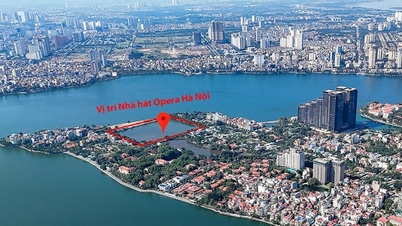



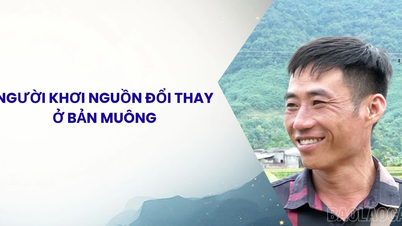


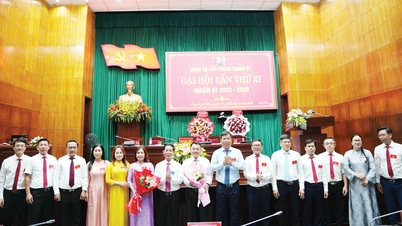







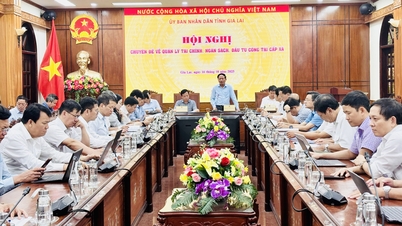
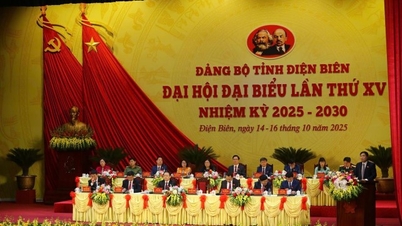
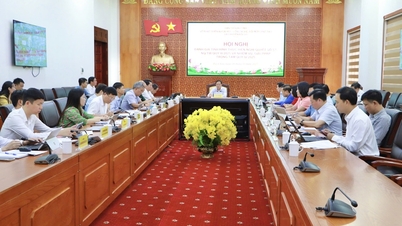
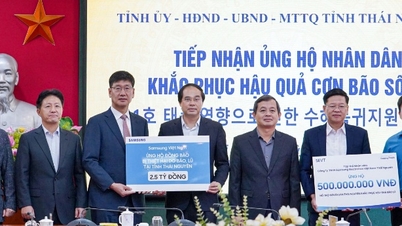









![[Video] TripAdvisor honors many famous attractions of Ninh Binh](https://vphoto.vietnam.vn/thumb/402x226/vietnam/resource/IMAGE/2025/10/16/1760574721908_vinh-danh-ninh-binh-7368-jpg.webp)





























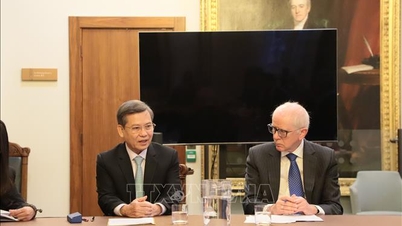
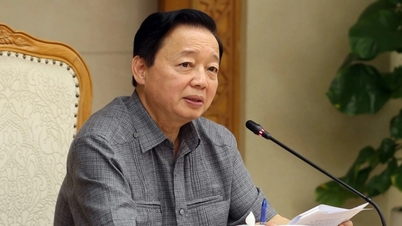


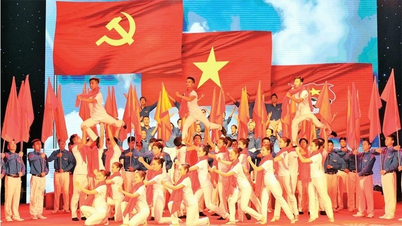
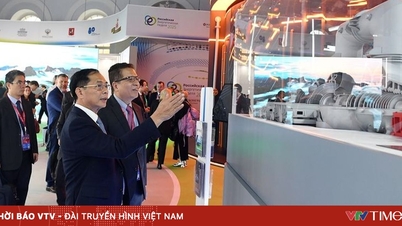

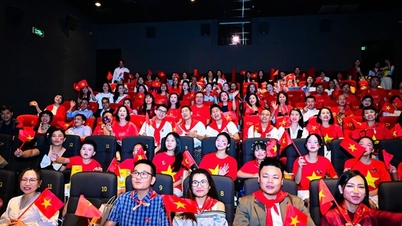

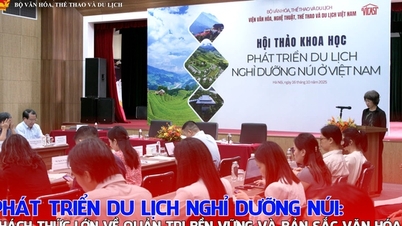
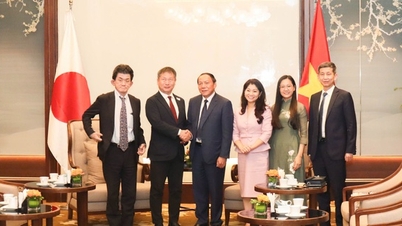
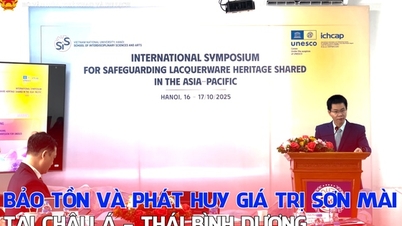
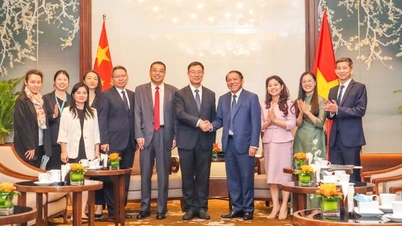
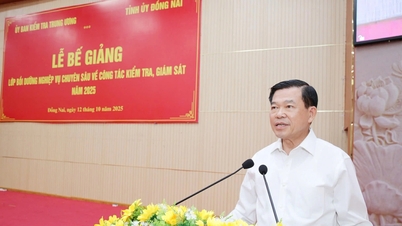

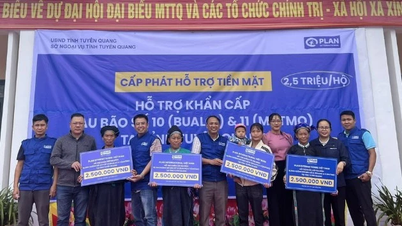

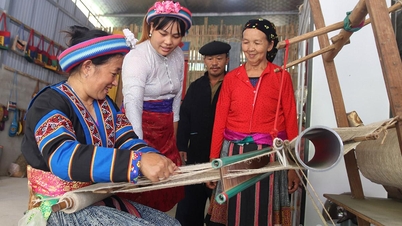





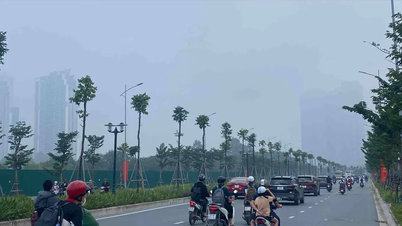















Comment (0)